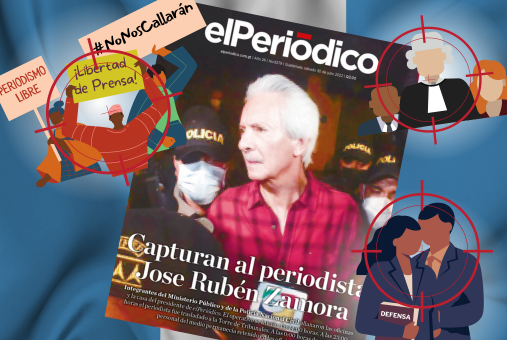
In view of the six-year prison sentence against journalist José Rubén Zamora for the alleged crime of money laundering, international and national organizations voiced their concern for the general situation of journalists in Guatemala, the weakening of its democracy, and for Zamora himself, who has at least two other open court cases against him.
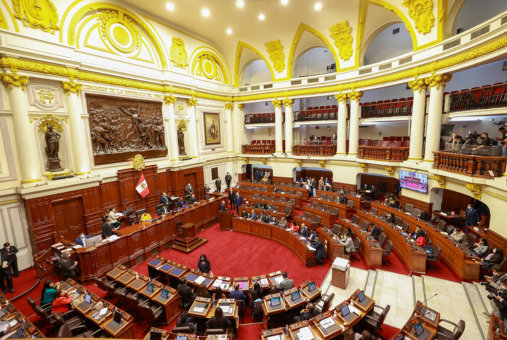
Peru's parliamentarians launched various attacks to restrict press freedom, and journalist associations are resisting as best they can. A controversial bill may fail in Congress, but other threatening initiatives remain under discussion, reflecting deteriorating democratic conditions in the country.

The arrest and court case of journalist José Rubén Zamora raises suspicions of a strategy by the Guatemalan government to silence the press and even political opponents in the midst of an electoral campaign flooded with allegations of corruption, according to analyses by journalists and human rights experts.
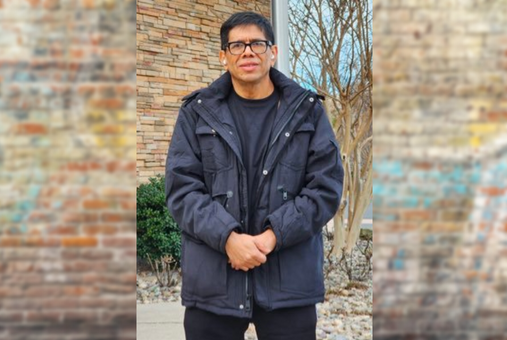
Miguel Ángel Mendoza Urbina became a go-to source of information on social media on April 19, 2018, when anti-government protests erupted in Nicaragua. Mendoza’s work led to his arrest on June 21, 2021. Less than two years later, on Feb. 9, 2023, Mendoza was among 222 political prisoners unexpectedly released by Nicaraguan authorities and deported to the United States.
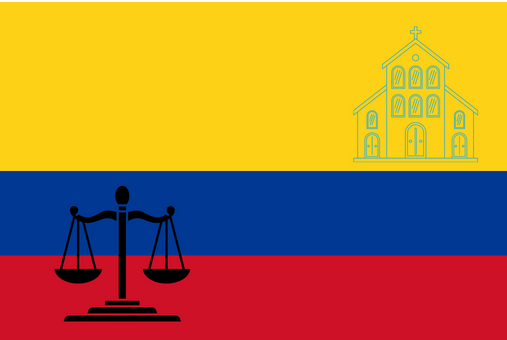
Two decisions of the Constitutional Court of Colombia ruled in favor of journalist Juan Pablo Barrientos' requests for information from the Catholic Church related to pederasty cases. Although his fight has set a positive precedent for freedom of expression, it has also meant judicial and personal exhaustion for him.
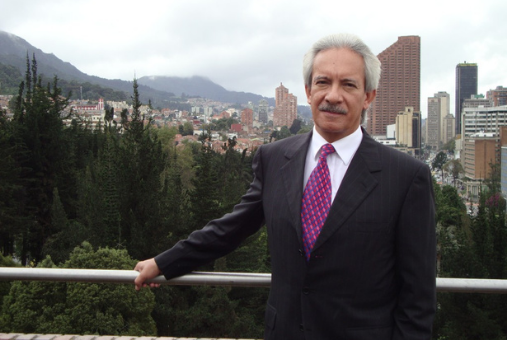
The International Center for Journalists (ICFJ) held the panel "Imprisoned for reporting: Guatemalan authorities target a prominent journalist" to discuss the case of journalist José Ruben Zamora, who will soon complete a month in prison. The panel was attended by Carmen Aristegui, Lucy Chay, Carlos Dada, José Zamora (son) and Carlos Jornet.
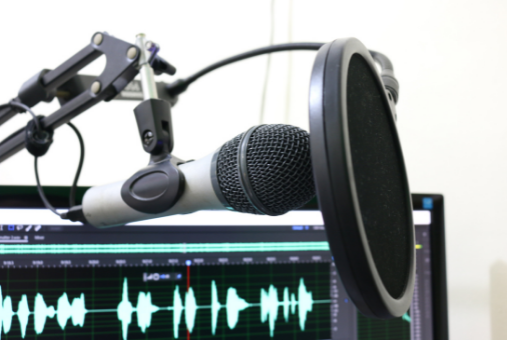
Via a podcast, César Pérez Romero, son of one of the directors of the Ecuadorian newspaper El Universo, decided to tell from a more personal perspective what was behind the historic case of the newspaper against then-president of Ecuador, Rafael Correa, during one of the most difficult times for freedom of expression in that country.
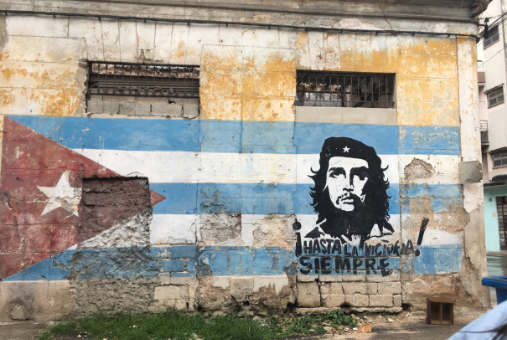
Amendments approved this month by Cuba's National Assembly, which hinder foreign funding and imprison anyone who slanders public officials, provide the Cuban regime with legal tools to justify its attacks on independent press coverage.
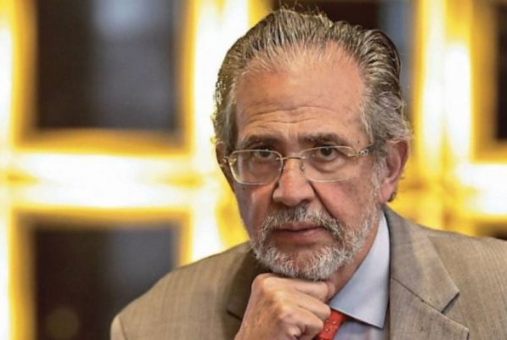
The Venezuelan courts handed over the headquarters of the independent traditional newspaper El Nacional to congressman and former president of the National Assembly, Diosdado Cabello, as part of a multi-million dollar civil compensation defamation lawsuit filed against the newspaper and its directors. “It is the newspaper's most important asset,” Miguel Henrique Otero, director of El Nacional, told LJR.
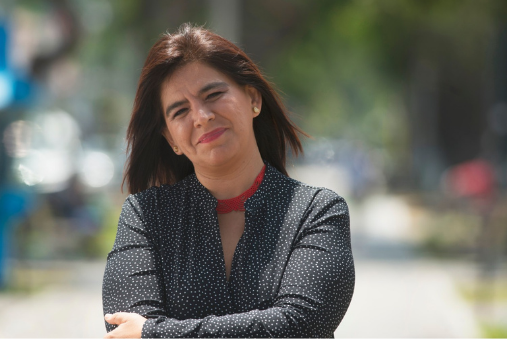
Peruvian investigative journalist Paola Ugaz was acquitted in a trial for aggravated defamation. Since 2018, Ugaz has been repeatedly sued for defamation based on her investigations into the alleged sexual and psychological abuse of minors and financial irregularities of the Catholic congregation Sodalicio de Vida Cristiana.
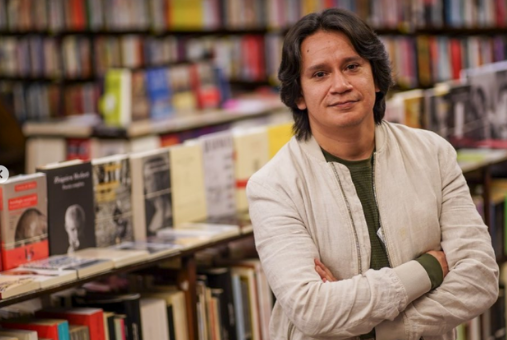
Peruvian journalist Christopher Acosta received a two-year suspended prison sentence in a trial for aggravated defamation and crimes against honor. The plaintiff is businessman and former presidential candidate César Acuña, on whom Acosta bases his journalistic investigation in the book "Plata como cancha."
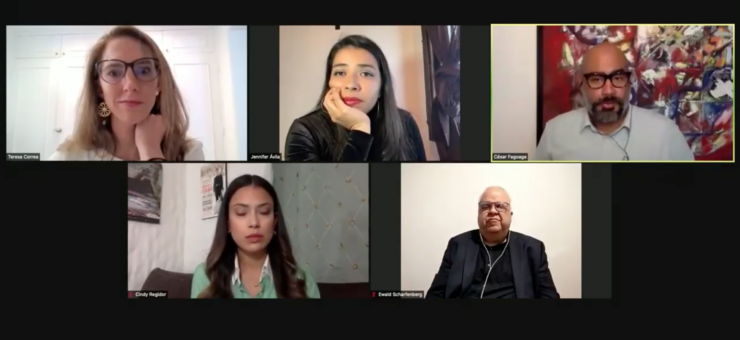
Journalists from Honduras, El Salvador, Nicaragua, and Venezuela spoke in a panel during the webinar “Journalism in Times of Polarization and Disinformation in Latin America.” The panel explored press freedom in countries faced with increasingly authoritarian governments and how they’ve been able to continue doing journalism.